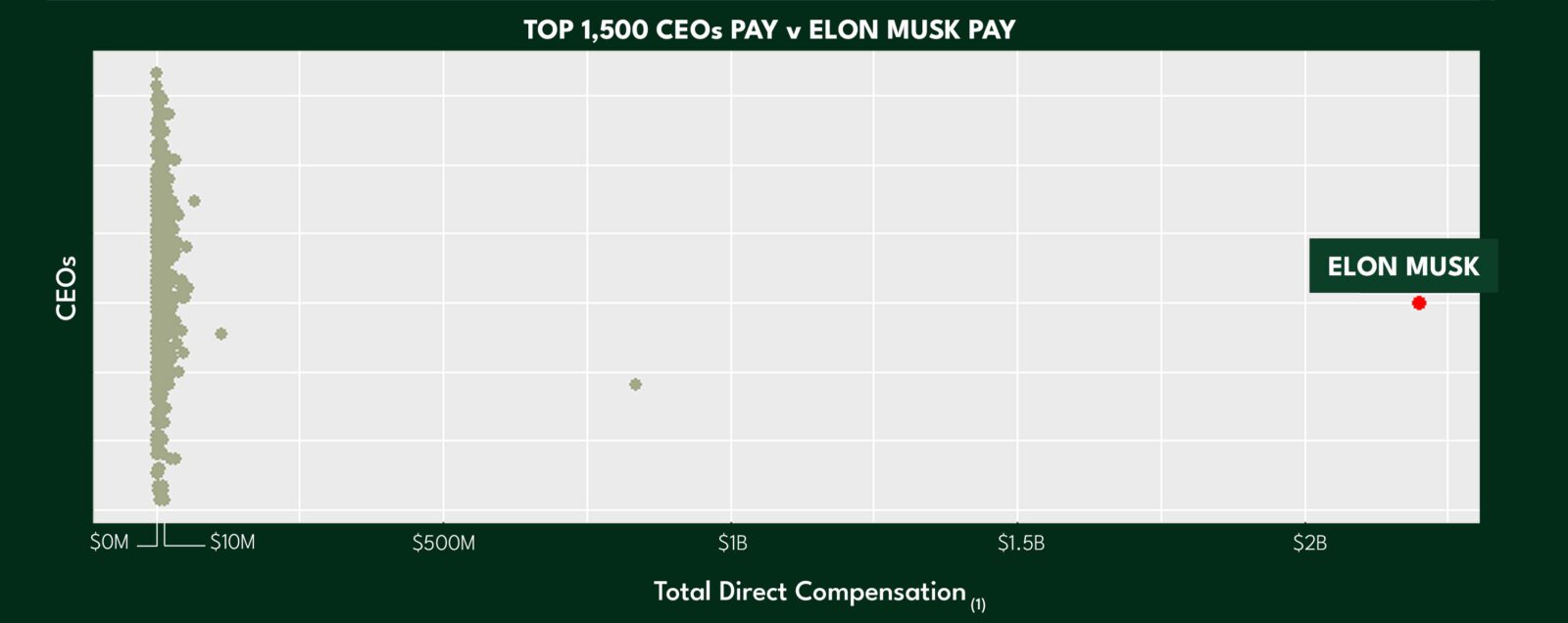In an increasingly competitive job market, the need to attract and retain the best talent is a top priority for any company. One of the key factors that potential employees consider when evaluating job offers is compensation. Organizations should validate that their offerings are both market competitive and internally equitable. These two characteristics will lead to increased job satisfaction, retention rates, productivity, and an elevated company culture.
Given how important it is to create and maintain a market competitive structure, it is crucial for organizations to have a thorough understanding of where their programs stand relative to market practice. Conducting a compensation analysis is a critical step in this process, as it involves a detailed review of all aspects of an employee’s compensation package, including base salary, short and long-term incentives, benefits, and other total rewards elements.
Understanding Compensation Analysis
A compensation analysis is a comprehensive process that involves both a comparison of a company’s compensation practices with those of competitors and an evaluation of the degree of alignment between the company’s compensation strategy and its overall business goals. The analysis should cover all forms of compensation, including base salaries, short and long-term incentives, health and retirement benefits, and other elements of a total rewards program. This crucial analysis helps to identify any disparities and ensure that the compensation offered is competitive, value generating, strategy-linked and internally equitable.
Why Conduct a Compensation Analysis?
Post-pandemic, the way work gets done is evolving. Right alongside this evolution, companies are evaluating their human capital management strategies to ensure they are calibrated for go-forward success. Despite these changes, compensation remains a significant factor for most individuals when evaluating employment prospects. A well-structured compensation plan not only supports a company’s ability to attract new talent but also impacts the retention of existing employees. Moreover, it plays a vital role in building a high-performing culture by motivating employees and setting performance expectations that impact short and long-term incentives. Conducting a compensation analysis is essential in ensuring that an organization’s compensation programs are both attractive to quality talent and aligned to company strategy.
A Step-by-Step Guide to Conducting a Compensation Analysis
Developing a robust compensation program can be challenging. Some companies choose to engage compensation consultants like Zayla Partners to get the work done for them. Such engagements provide considerable benefits, including access to relevant expertise, market-leading compensation data, real-time knowledge of trends, and independent, third-party perspective – considerable value for minimal investment.
To understand the value that an expert compensation consultant can bring, first you must know how a compensation analysis is conducted. Here is a step-by-step guide.
- Assemble an Analysis Team
While the HR department typically leads a compensation analysis, including members from other departments is essential to gain diverse perspectives. Define clear goals, timelines, responsibilities, and meeting schedules to ensure the analysis stays on track. - Obtain Compensation Surveys
Compensation surveys produced by qualified firms provide valuable insights into competitive market practices. Given that some surveys are costly to procure – either on a dollar or time commitment basis – it may be more efficient to work with a third-party compensation consultant that has such surveys on hand (and more). - Define Job Roles Within Your Organization
A company should have a clear understanding of roles and responsibilities for each job in its workforce. This is often executed through the use of job descriptions. Up-to-date job descriptions are critical inputs for selecting appropriate benchmark data from compensation surveys. - Gather Internal Data
Collecting internal data is crucial to assess how your current compensation practices compare with external benchmarks and align with your strategic goals. In addition to current compensation levels, incumbent data related to experience, education, performance ratings and other factors will help inform on appropriate market positioning. It will also be important to evaluate demographic attributes like age, race, and gender to ensure there are no unintended disparities. Not only is that just good business practice, but it will also serve as a risk mitigation exercise given the rise of pay equity laws in the regulatory world. - Analyze the Results
After collecting and analyzing the data, assess how well your current compensation strategy aligns with your compensation philosophy. Identify any gaps and develop action steps to address them over time. Determine KPIs and metrics to measure your compensation strategy’s effectiveness and track progress over time. - Develop an Action Plan
Creating, and tracking against, an action plan is essential for ensuring accountability and guiding your team toward the goals identified during the analysis. Your compensation analyst or HR department should regularly review progress and make necessary adjustments to stay on track.
Partnering with Compensation Consultants
Companies often partner with outside consultants for a number of reasons. These may include:
- Too little time to conduct the analysis
- Too few resources including survey data, or
- Conflict of interest or objectivity as the analysis is conducted by self-interested parties
If your organization experiences any of these challenges in conducing a compensation analysis, then it may be appropriate to engage a compensation consultant that can perform the above and provide expert guidance going forward.
The Zayla team has been advising clients on executive compensation, board of director compensation and employee compensation matters for more than two decades. Zayla’s clients are spread across publicly-traded, privately-held and non-profit organizations in over 25 different industries. Our comprehensive compensation consulting services are tailored with our client’s end goals in mind, as we develop solutions that align compensation design with company culture, values, and long-term strategic goals.
Schedule a consultation with us today to truly see the difference we can make in your compensation strategy.



